
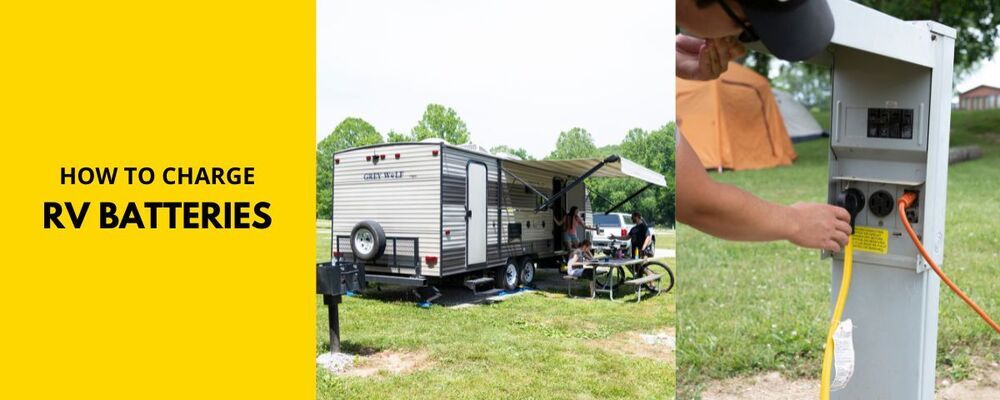
How to Charge RV Batteries
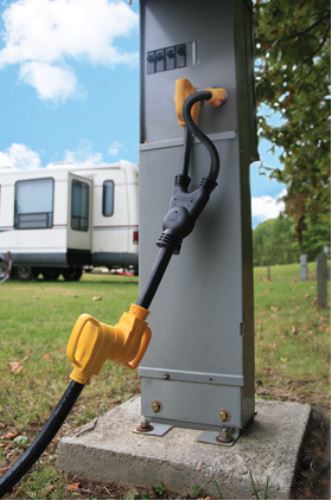
Do RV Batteries Charge when Plugged in to Shore Power?
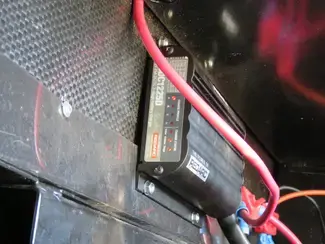
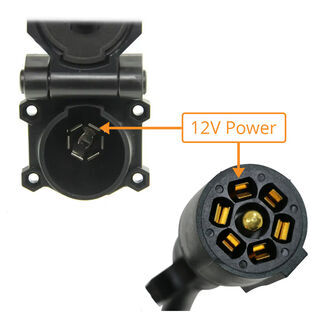
Can You Charge an RV Battery from Your Vehicle?
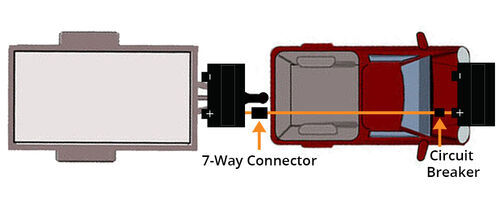
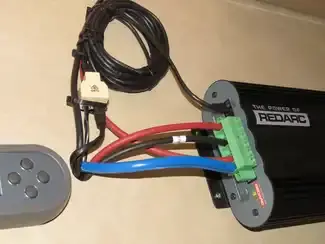
Option 2: Charging Battery from Depleted State
An automatic shutoff feature to prevent overcharging A built-in isolator to protect your tow vehicle battery from being drained
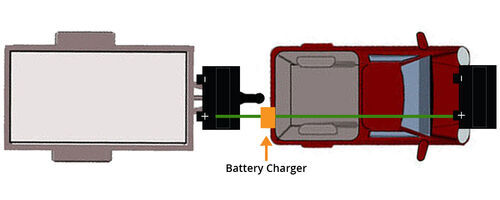
Winch wiring kit Fuse kit #331-FK40 (for 25-amp BCDC) OR #331-FK60 (for 40-amp BCDC)
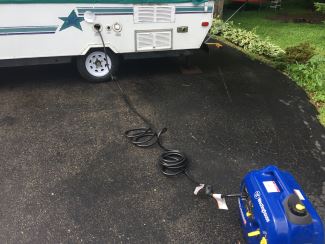
How to Charge an RV Battery with a Generator
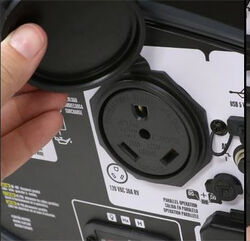
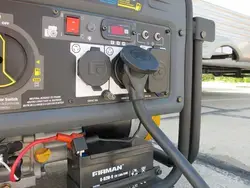
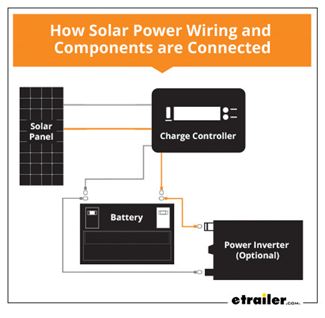
How to Charge an RV Battery with Solar
Departments
Towing
- Trailer Hitch
- Fifth Wheel
- Gooseneck
- Towing a Vehicle
- Front Hitch
- RV Hitch
- ATV Hitch
- HD Truck Hitch
- Vehicle Wiring
- Brake Controller
- Ball Mounts
- Weight Distribution
Sports and Recreation
Trailer Parts
- Utility Trailer
- Boat Trailer
- Landscape Trailer
- Enclosed Trailer
- 5th/Camper Trailer
- Car Hauler
- Horse Trailer
Vehicle
Contact & Help

What our customers are saying:
"Excellent service and communication. Expect part to be excellent too!"
Tommy
Tifton, GA
Popular Vehicles
- Subaru Forester
- Ford F-350 Super Duty
- Ford F-250 Super Duty
- Chevrolet Silverado 1500
- Jeep Wrangler Unlimited
- Jeep Wrangler
- Ram 3500
- Toyota Highlander
- Ram 2500
- Chevrolet Silverado 2500
- Subaru Outback Wagon
- Chevrolet Silverado
- Dodge Ram Pickup
- GMC Sierra 2500
- Ram 1500
- Ford F-250 and F-350 Super Duty
- Jeep Grand Cherokee
- Toyota Tacoma
- GMC Sierra 3500
- Toyota Tundra
- Ford Escape
- More >>


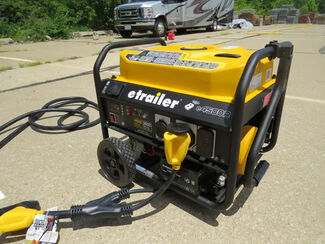
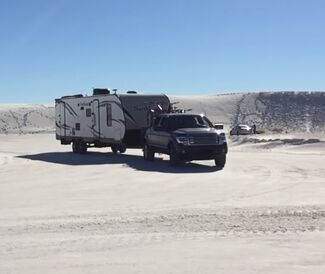
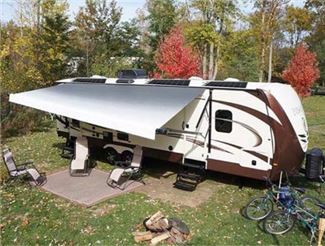
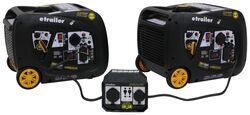
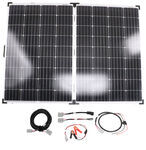
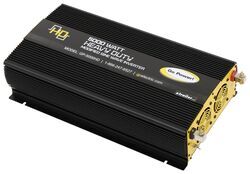
















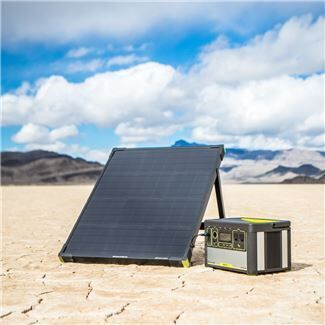








Raymond P.
8/17/2020
I have a 2005 Fleetwood Prowler RV at a permanent site in a campground. There was no battery with it when I bought it, and I didn't know it needed one until recently. I put a deep cycle 12V battery onto the hitch where it should have been, and all the 12V accessories now work, until the battery drained. I have no idea how the RV is suppose to maintain a charge to the battery. Can anyone explain how it's done, and what I need to check/repair to get it working again? I have hooked up an external smart 12V battery charger to the battery to keep it charged and the lights working, But I need a permanent solution. Thanks in advance.